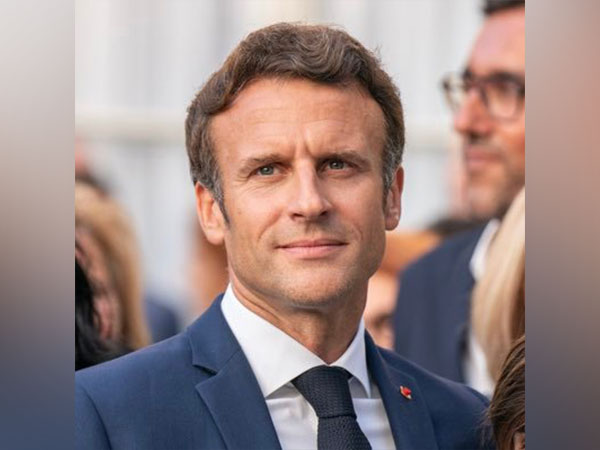Paris [France], September 10: French President Emmanuel Macron on September 9 appointed Defense Minister Sebastien Lecornu as prime minister.
Reuters reported that President Macron has chosen a successor to former French Prime Minister Francois Bayrou, after Bayrou was ousted in a confidence vote and submitted his resignation on September 9.
The French President's office announced that Mr. Macron had asked Mr. Lecornu to talk to political parties in parliament, in order to pass the national budget bill , which is currently deadlocked.
Writing on social network X, Mr. Lecornu said that President Macron had assigned the task of building a government with a clear orientation, which is to protect the independence and strength of the country, serve the French people, and ensure political and institutional stability.
"I want to thank him (Macron) for the trust he has shown in me by appointing me prime minister," Mr. Lecornu wrote.
With the latest developments, Mr. Lecornu, 39 years old, will become the 5th Prime Minister of France in less than 2 years. The official transfer of power to the new Prime Minister will take place today, September 10.
The Elysee Palace chief usually takes his time in selecting the next prime minister, but the appointment was rushed on September 9 due to the risk of political and financial instability, according to AFP.
The Elysee Palace said President Macron was confident that Mr Lecornu's government would reach an agreement between political factions, while respecting each side's position.
Mr. Sebastien Lecornu is considered to have a right-wing stance. Therefore, his appointment was criticized by left-wing parties and called for protests on September 10.
The far-left France Unbowed party said it would file a motion of no confidence in Mr Lecornu, but the far-right National Front (RN) said it would cooperate with the new prime minister on budget issues.
Mr Lecornu's immediate priority will be to forge a consensus on a budget bill for 2026, a task Mr Bayrou has failed to achieve. Mr Bayrou has campaigned on sweeping spending cuts to rein in the budget deficit, which is already double the EU limit of 3% of gross domestic product (GDP).
Source: Thanh Nien Newspaper

